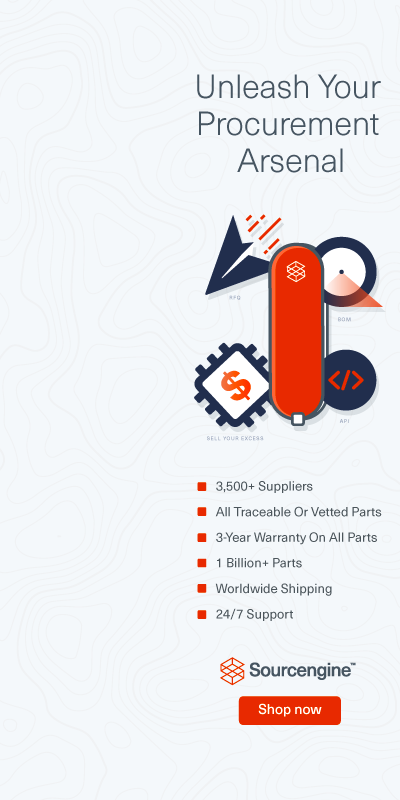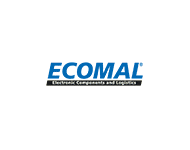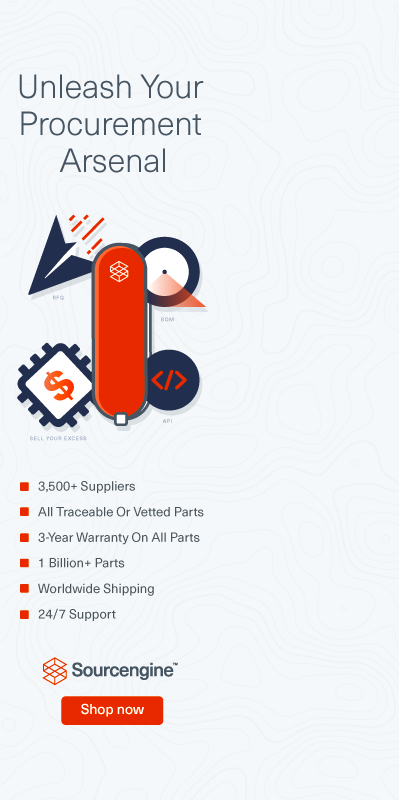Electronics Production |
Sales to tablet and cellphone makers keep AKM No. 1
Propelled by strong sales to tablet and cellphone manufacturers, Asahi Kasei Microsystems of Japan led the semiconductor magnetic sensor market for the third year in a row in 2011, claiming almost one-quarter of the industry’s total revenue of $1.5 billion.
AKM posted an estimated $372 million in revenue last year, up a solid 24 percent from $300 million in 2010, according to an IHS iSuppli Magnetic Sensor report from information and analysis provider IHS. Share last year of AKM equated to approximately 25 percent of the total magnetic sensor market, allowing the firm to hold on to the pinnacle it first reached in 2009.
Together the Top 10 suppliers of magnetic sensor integrated circuits (ICs) enjoyed combined revenue amounting to $1.3 billion, equivalent to 90 percent of the total magnetic sensor space.
“AKM is the undisputed leading provider of Hall elements and ICs for magnetic sensors, which track position, contact, rotational speed and linear angles in machines and devices, or detect and process magnetic fields to establish location,” said Richard Dixon, Ph.D., senior analyst for MEMS & sensors at IHS. “A large part of the company’s revenue growth last year was from Hall-based 3-D magnetic compasses used in cellphones and tablets.”
Rivalry in the compass space may be heating up, however, in the form of 6-axis compasses. In the past such compasses were bulky and represented no serious competition to 3-axis discrete devices. However, Bosch of Germany and U.S.-based Freescale Semiconductor Inc. have recently come up with very compact versions measuring 3x3 millimeters. Bosch and Freescale also have in-house technology for both the accelerometer and compass that make up the 6-axis device, which could increase the competitive pressure on AKM as original equipment manufacturers adopt this multiaxis format, IHS believes.
No. 2 Allegro MicroSystems of Massachusetts posted revenue last year of $302 million, up 14 percent from $264 million in 2010. The company last year made a conscious move away from the low-cost consumer sensor market served by the likes of AKM and toward higher-value products like sensors for the automotive space. Allegro is strong in relatively high-priced Hall-based speed-sensing sensors for camshaft and switches in vehicles, and is also a major supplier of Hall current sensors for use in applications like battery monitoring systems.
Third place went to Infineon Technologies AG of Germany, which achieved 33 percent growth in revenue to $188 million, up from $142 million. This strong growth allowed Infineon to vault past Micronas of Switzerland—previously No. 3 and now fallen to fourth place. Major growth areas for Infineon include wheel-speed sensing and torque sensors for automotive steering applications. Next year, Infineon will introduce a new current-sensing palette and higher integrated packages with magnets included for speed sensing, in addition to anisotropic magneto-resistive (AMR) technology for angle sensing.
Down one place to fourth, Micronas still managed a 5 percent rise in magnetic sensor revenue to $150 million, up from $143 million. Micronas suffered a weak 2011 after being negatively affected by the loss of business contracted by Denso, an important customer for Micronas Hall sensors, following the March earthquake-tsunami disaster in Japan.
At No. 5, Melexis NV of Belgium saw revenue in 2011 of $112 million, up 5 percent from $107 million in 2010. The company continues to lead the market—by a long shot—in acceleration-pedal-position sensing, and is also a major presence in sensors for measuring currents. Approximately 80 percent of its focus remained on automotive, even though the firm also supplies switches for mobile phone displays.
The rest of the Top 10 included NXP Semiconductors of the Netherlands, in sixth place with $96 million in revenue; Aichi Steel Corp. of Japan, in seventh place with $40 million; a tie in eighth place between AMS AG—formerly austriamicrosystems—of Austria and Memsic Inc. of Massachusetts, each with $29 million in revenue; and Diodes Inc. of Texas, in 10th place with revenue of $24 million.
Memsic had the biggest jump in revenue among the Top 10, growing a stupendous 1,340 percent derived mainly from a significant surge in the shipments of electronic compasses to Samsung from very low levels the previous year. Aichi Steel had the second-best growth rate, up 122 percent, with Sharp mobile phones making up the key part of its business.






